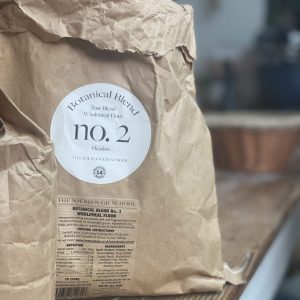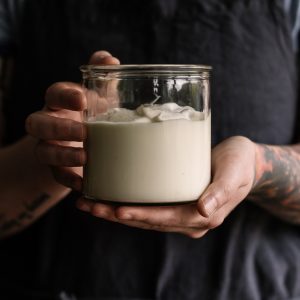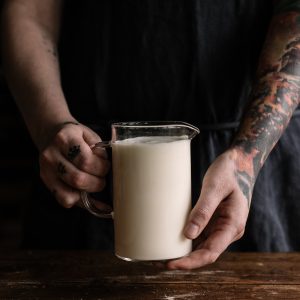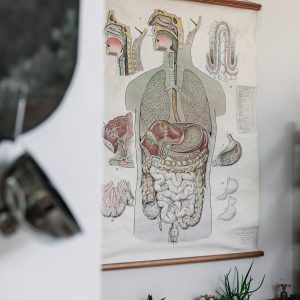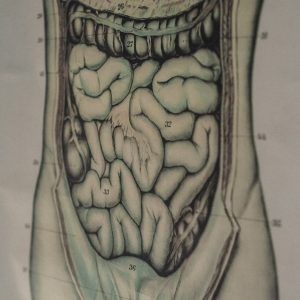Probiotics
Increase probiotics alongside your bakes
Cutting-edge research on how gut bacteria produce neurochemicals. In these features we look at how we can support this by understanding some of the probiotics we can use in the way we eat our bread, as we are learning that gut bacteria play a major role in our mental health.
Here we look a little closer at probiotics have been shown to support stress resilience and mood and to improve both anxiety and depression. The way we do that at the Sourdough School is through our recipes for live syrups, vinegar, sourdough fizz, sauerkraut, cultured butter and more.
Probiotics, such as Bifidobacterium animalis subsp. lactis, Streptococcus thermophilus, Lactococcus lactis subsp. lactis, and Lactobacillus rhamnosus, can have a significant impact on the production of neurochemicals and the modulation of the gut-brain axis. These beneficial bacteria can produce neurotransmitters themselves or stimulate the production of neurochemicals by other gut bacteria.
For instance, certain strains of Lactobacillus and Bifidobacterium have been shown to produce GABA, which is the primary inhibitory neurotransmitter in the brain and has a calming effect on the nervous system. Lactobacillus rhamnosus has been reported to increase the expression of GABA receptors in the brain, which can result in reduced anxiety and stress-related behavior.
Additionally, some probiotic strains can modulate the immune system and reduce inflammation in the gut, which can have a positive impact on brain health. Chronic inflammation has been linked to various neurological disorders, such as depression and anxiety, and the use of probiotics can help mitigate this inflammation and support overall mental health.
So supporting key phyla in the gut, particularly Lactobacillus and Bifidobacterium strains, can support the production of serotonin in the GI tract. This interplay between gut bacteria and serotonin synthesis highlights the importance of maintaining a healthy and diverse gut microbiota for overall mental health and well-being. Serotonin, a neurotransmitter, is for example, essential for regulating mood, sleep, and appetite. It is estimated that approximately 90-95% of serotonin is synthesized and stored in the gastrointestinal (GI) tract, where it plays a vital role in regulating GI motility and function. It is important to note that serotonin and other neurochemicals do not necessarily cross the blood-brain barrier.
Estimated time: 2 hours 45 mins.
